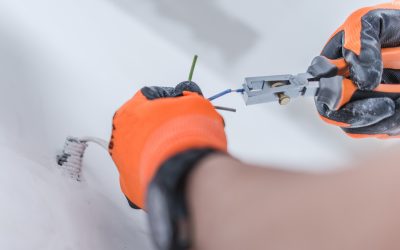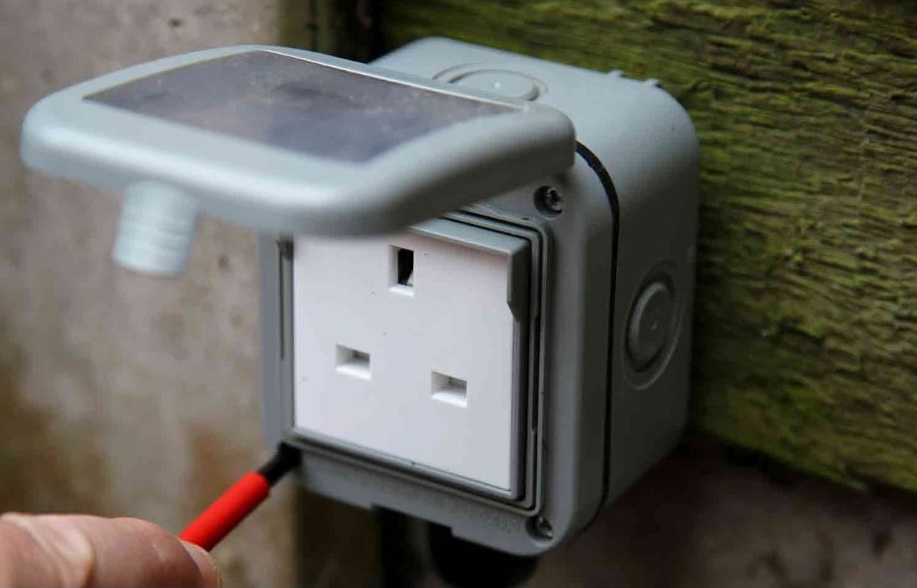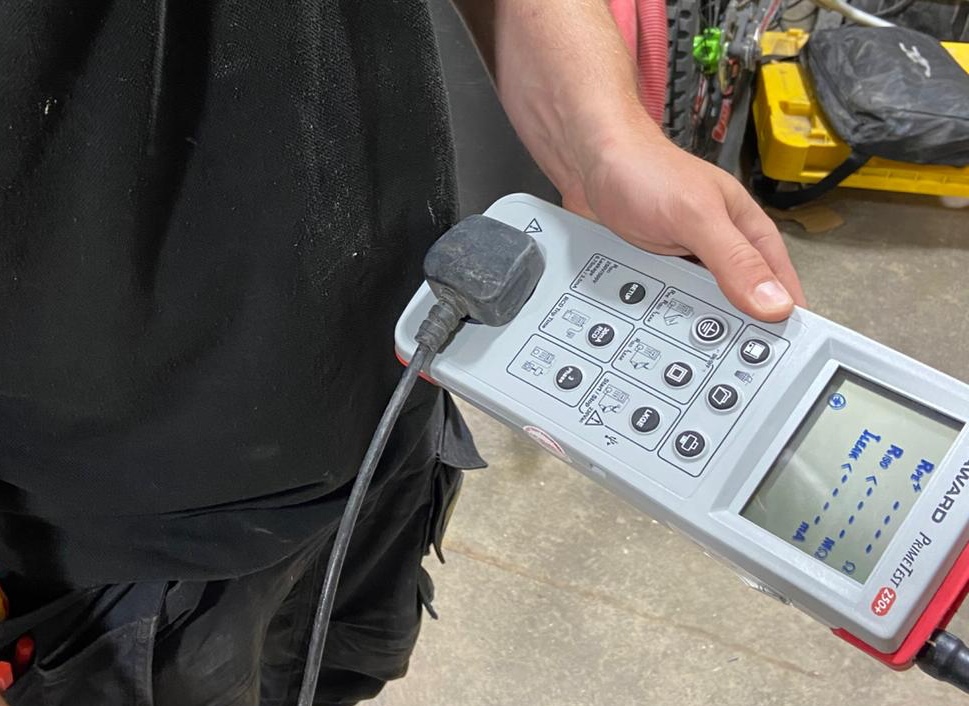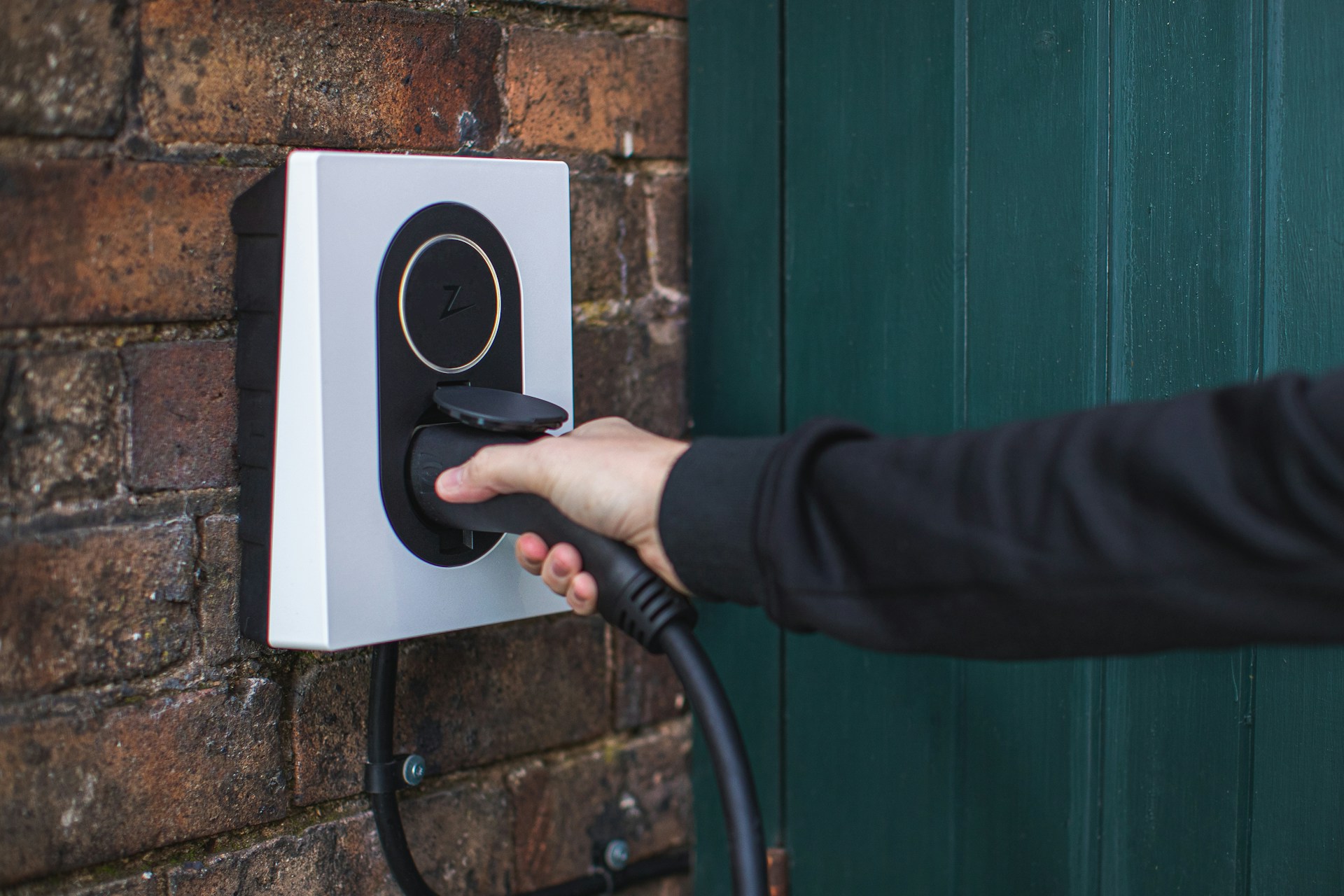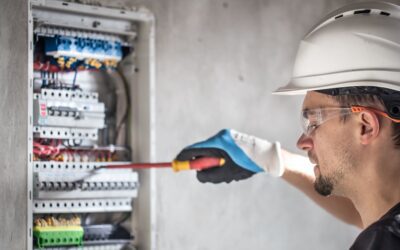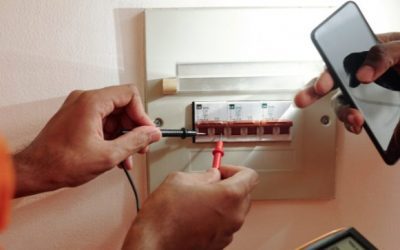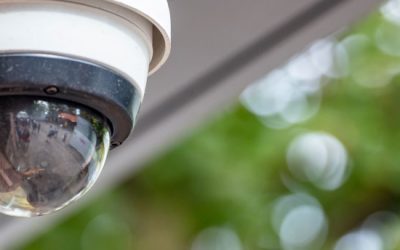Contents
What is PAT testing, how often to PAT Test?
Portable appliance testing, popularly known as electrical PAT testing, checks electrical appliances and equipment to ensure that they are safe to use and fit for purpose. Any appliance connected to the mains through a standard three-pin plug that runs between 40 and 240 volts is considered portable. This electrical testing is required by law under the Health and Safety at Work Act 1974. Strangely, there is no regulation on how frequently you should conduct PAT testing to maintain compliance and safety standards. This article explains the different rules and situations that determine how often you should take the PAT test.
How Often Should PAT Testing Be Conducted?
The Health And Safety Executive (HSE) and various industry experts agree that a one-size-fits-all approach to electrical PAT testing is not ideal since it can cause your business to waste a lot of money. You may even be destroying your equipment with a bad testing approach in certain circumstances. Consequently, it is prudent to adopt a balanced approach when deciding how often you should test your electrical equipment, based on the following:
- Equipment type
- Equipment class
- Frequency of use
- How often the equipment is moved around
- Equipment age
- Competence of personnel using the equipment
- Where the equipment is used
- What the equipment is used for
- Equipment repairs or modifications
- Manufacturer’s guidelines and recommendations
Three types of checks constitute in-service inspection and electrical testing of appliances. These are the user check, a formal visual inspection, and a combined inspection and test. Furthermore, the HSE offers guidelines on the frequencies of these three types of checks, basing its recommendations on
- Equipment’s environment (equipment used by schools, offices, hotels, shops and the public, construction sites, and industrial environments including commercial kitchens).
- Equipment type (portable, handheld, fixed, moveable, stationary, or IT)
- Construction class (Class I or Class II)
Electrical Testing For Shops, Offices, And Hotels
Class 1 equipment should be checked every two years in this environment, while IT equipment should be tested every four years. Also, handheld equipment in this environment should be tested yearly.
Electrical Testing For Schools
Educational establishments like schools and universities need to have their class 1 and IT equipment tested every twelve months. Also, Class 2 equipment should be tested every two years.
Electrical Testing For Public Domain Equipment
It is recommended that computers and other IT equipment in the public domain be tested yearly. Class two devices like handheld and portable equipment should also be tested yearly, while monthly testing is ideal for Class 1 handheld equipment.
Electrical Testing For Construction Sites
You should test all 110V equipment used on your construction site every three months.
Electrical Testing For Industrial Locations
Portable and handheld equipment in industrial sites should be examined every six months. However, stationary, portable, and IT equipment should be tested yearly to maintain safety.
To find out more about the items that need PAT testing, check out our guide: What Needs PAT Testing?
Why Choose Jack Jones Electrical Limited For Electrical Testing?
We offer comprehensive electrical testing and inspection services for domestic and commercial properties alike. Also, we have extensive experience, and our services are end-to-end and affordable. Reach out to us today for electrical pat testing.
Looking for a commercial electrician in Birmingham? For more information on domestic and commercial electrical services contact Jack Jones Electrical today.


